Carl G. Jung
Carl G. Jung (1875–1961) was a Swiss psychiatrist, psychoanalyst, and mystic whose work bridged psychology and esotericism, deeply influencing modern understandings of the unconscious. He developed concepts like the collective unconscious, archetypes, and individuation, showing how myths, symbols, and alchemical imagery reflect inner psychological processes. His works, such as Psychology and Alchemy and Man and His Symbols, explore the transformative power of symbols and the integration of the self through encounters with the unconscious. Jung’s interest in Hermeticism, alchemy, and mystical traditions positioned him as a key figure in the intersection of psychology and Western esotericism.
Aion
Explores the archetype of the Self and its manifestations in Christian symbolism, particularly through the figure of Christ. It delves into the concept of time, eternity, and the integration of opposites in the process of individuation.
Psychology and Alchemy
Examines the symbolic parallels between alchemical processes and psychological transformation, interpreting alchemy as a metaphor for individuation. It highlights the role of the unconscious in the quest for self-realization and wholeness.
Man And His Symbols
Jung’s final book offers an accessible introduction to his theory of the collective unconscious and archetypes. Using examples from art, mythology, and personal dreams, Jung explains how symbolic imagery emerges from the subconscious mind, offering guidance and insight for personal development.
Psychology of the Unconscious
In this text, Jung explores the role of symbols and mythology in shaping the psyche. He argues that the unconscious is not merely a repository of repressed thoughts, as Freud suggested, but a dynamic space filled with archetypal energies that drive personal and collective evolution.
Memories, Dreams, Reflections
This autobiographical work provides a deep insight into Jung’s experiences with the unconscious, including his practice of active imagination and encounters with archetypal figures. It blends personal reflections with theoretical insights, offering readers a glimpse into Jung’s exploration of the inner world.
The Archetypes and the Collective Unconscious
Jung elaborates on his concept of archetypes—universal patterns that influence thoughts, behavior, and cultural narratives. He explores how these patterns emerge from the collective unconscious, shaping human experience across different cultures and historical periods.
Symbols of Transformation
This book marks a turning point in Jung’s departure from Freud, focusing on symbolic processes involved in psychological growth. Jung explores mythological motifs and their relevance to individual transformation, arguing that engaging with unconscious symbols is essential for personal integration.
The Red Book
An intensely personal and philosophical work by Jung, detailing his inner explorations into the unconscious. Through vivid imagery, dreams, and dialogues, Jung grapples with the nature of the psyche, archetypes, and the process of individuation. It serves as a bridge between philosophy, psychology, and mysticism
Modern Man in Search of a Soul
A collection of essays addressing the spiritual and psychological challenges faced by individuals in the modern world. It explores themes such as dream analysis, the role of religion, and the process of individuation.
The Psychology of Kundalini Yoga
Based on a series of seminars, this work explores the psychological implications of Kundalini yoga and its symbolism in relation to the process of individuation. It examines the awakening of Kundalini energy as a metaphor for spiritual and psychological transformation.












